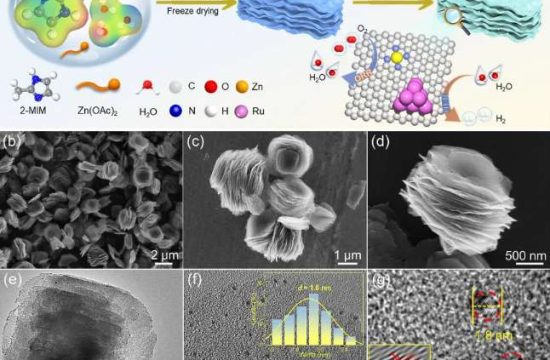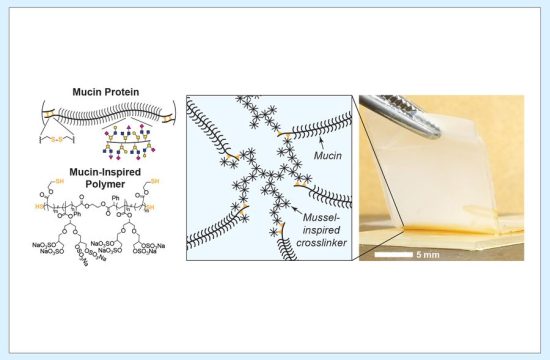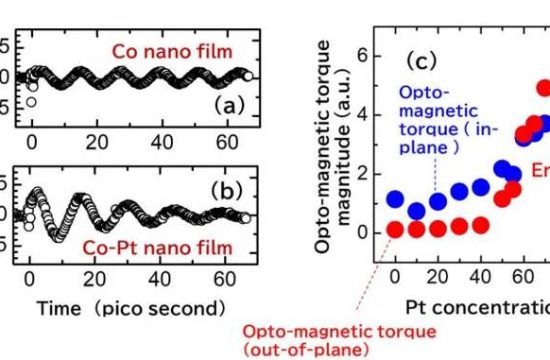
MADISON – Deforestation dropped by 18 percent in two years in African countries where organizations subscribed to receive warnings from a new service using satellites to detect decreases in forest cover in the tropics.
The carbon emissions avoided by reducing deforestation were worth between $149 million and $696 million, based on the ability of lower emissions to reduce the detrimental economic consequences of climate change.
Those findings come from new research into the effect of GLAD, the Global Land Analysis and Discovery system, available on the free and interactive interface Global Forest Watch. Launched in 2016, GLAD provides frequent, high-resolution alerts when it detects a drop in forest cover. Governments and others interested in halting deforestation can subscribe to the alerts on Global Forest Watch and then intervene to limit forest loss.
The research was led by Fanny Moffette, a postdoctoral researcher in applied economics in the Nelson Institute for Environmental Studies and the Department of Agricultural and Applied Economics at the University of Wisconsin-Madison. Moffette collaborated with Jennifer Alix-Garcia at Oregon State University, Katherine Shea at the World Resources Institute and Amy Pickens at the University of Maryland.
The researchers published their findings Jan. 4 in Nature Climate Change. They studied deforestation in 22 tropical countries across South America, Africa and Asia from 2011 to 2018.
Moffette and her co-authors set out to understand whether these kinds of automated alerts could achieve their goal of reducing forest loss, which has global climate implications. Land-use changes like deforestation account for 6 percent to 17 percent of global carbon emissions. And avoiding deforestation is several times more effective at reducing carbon emissions than regrowing forests.
“The first question was to look at whether there was any impact from having access to this free alert system. Then we were looking at the effect of users subscribing to this data to receive alerts for a specific area,” says Moffette.








